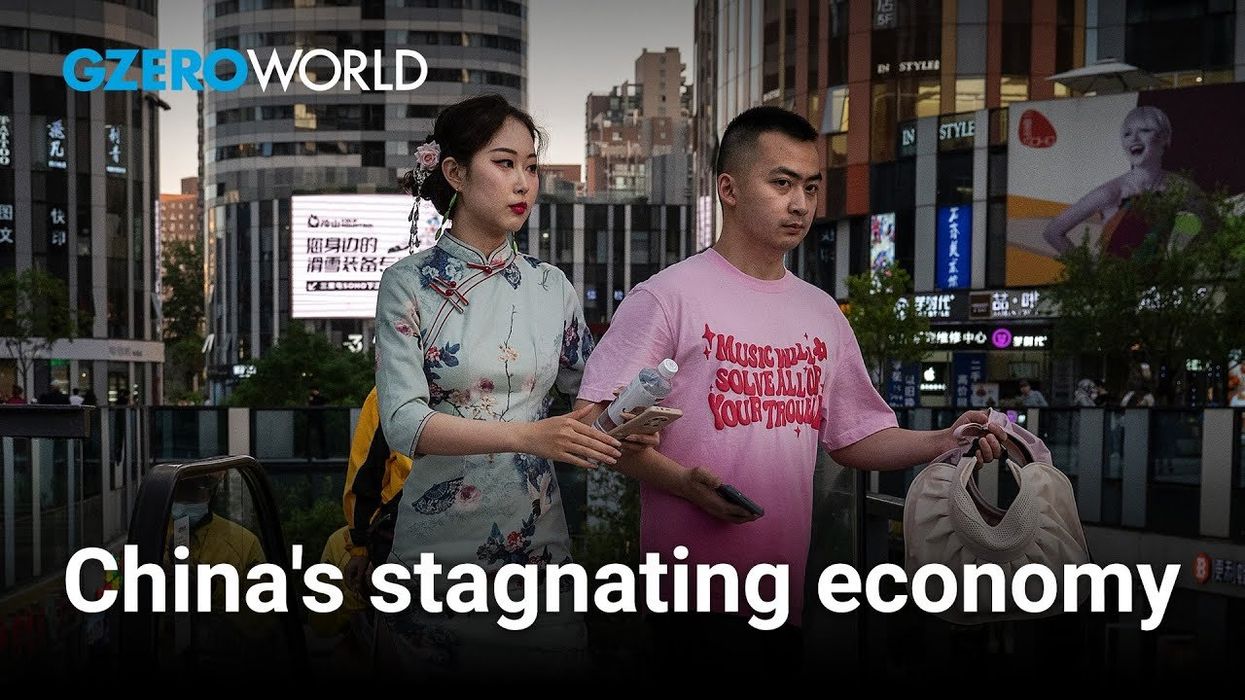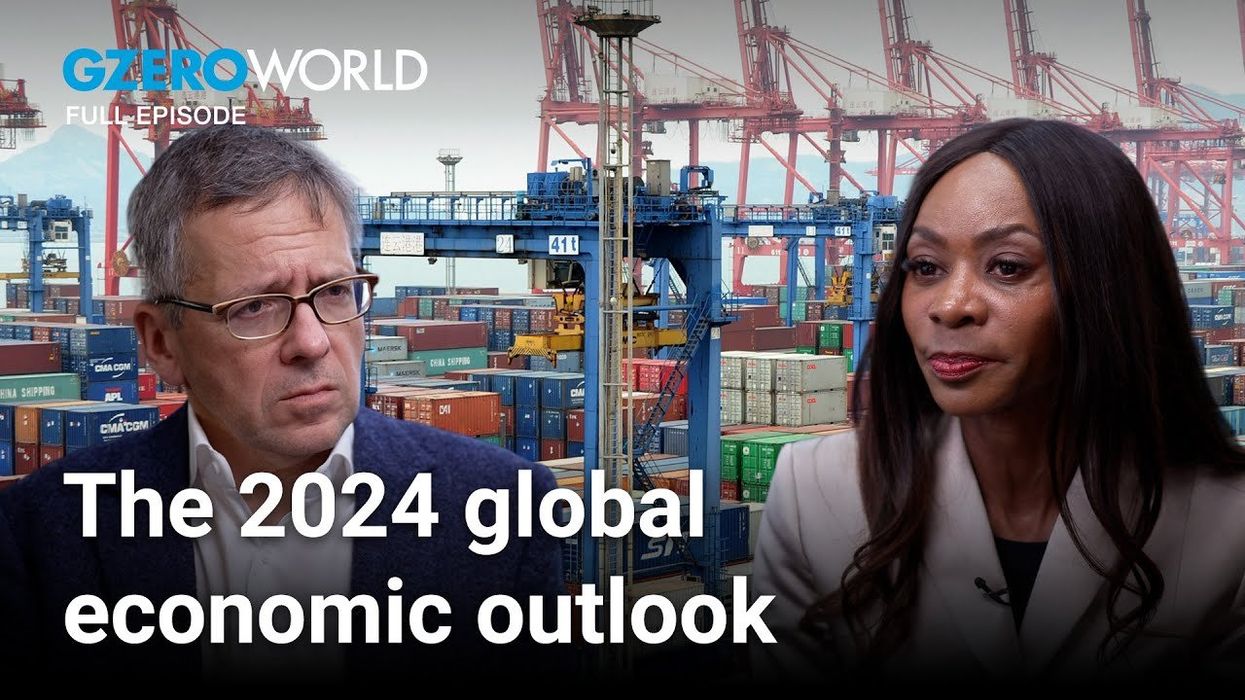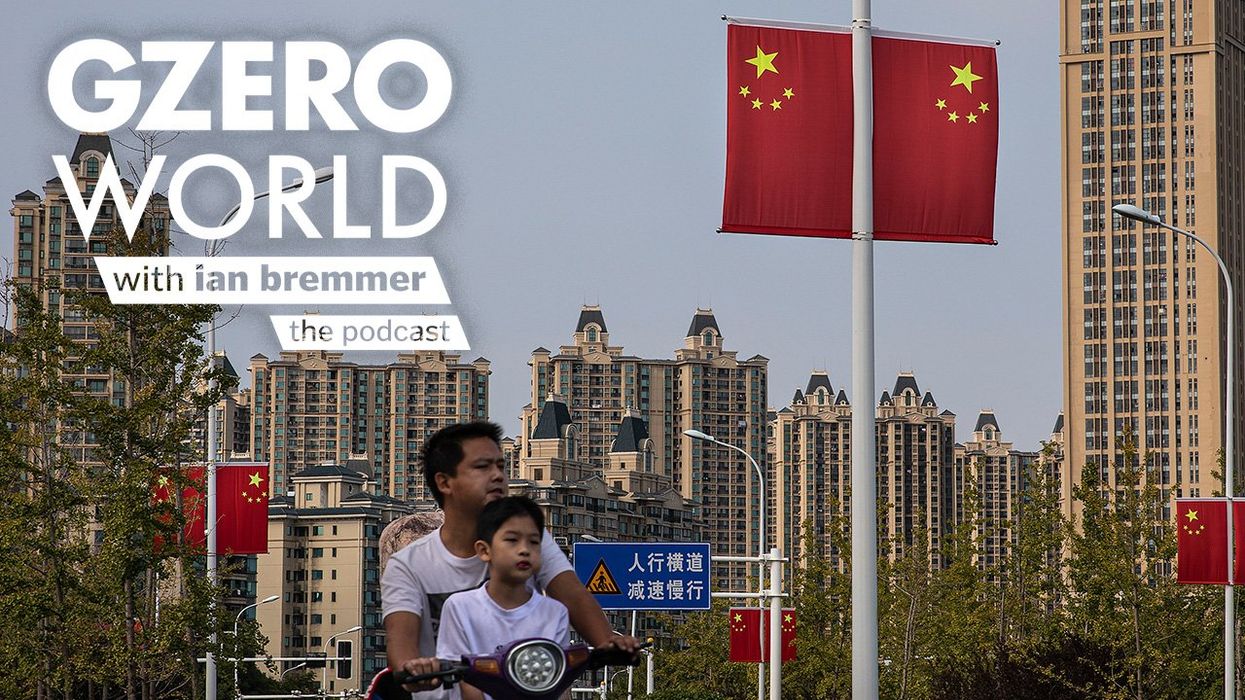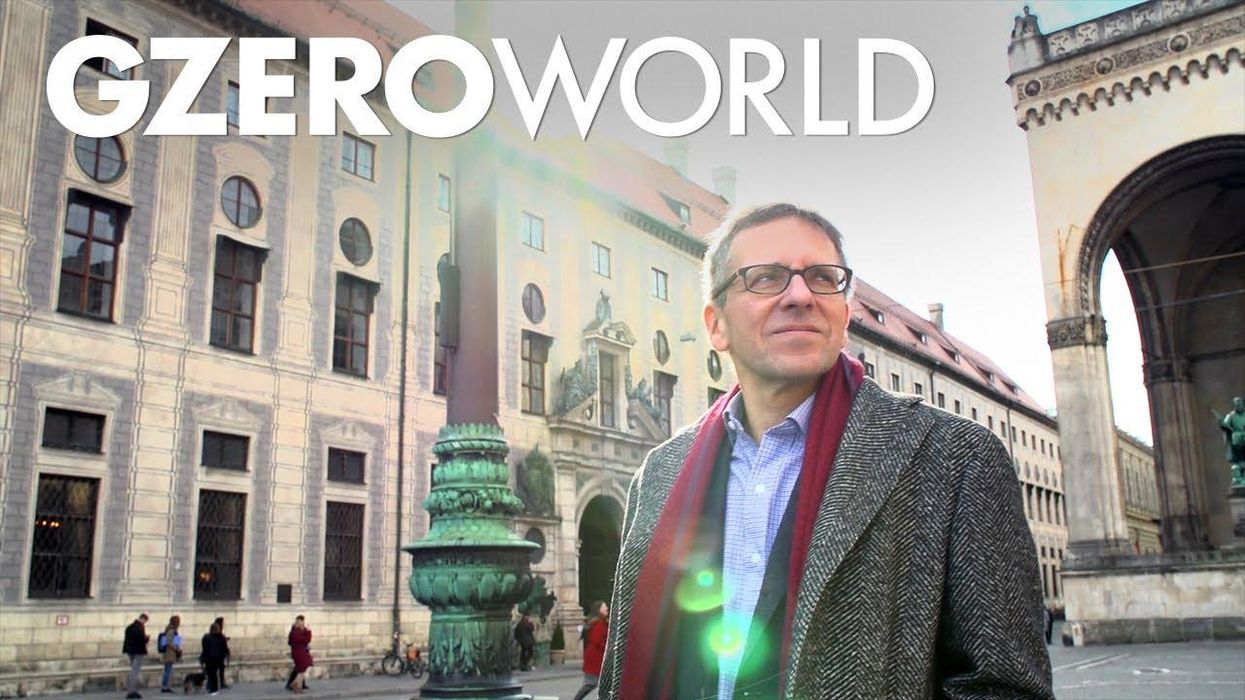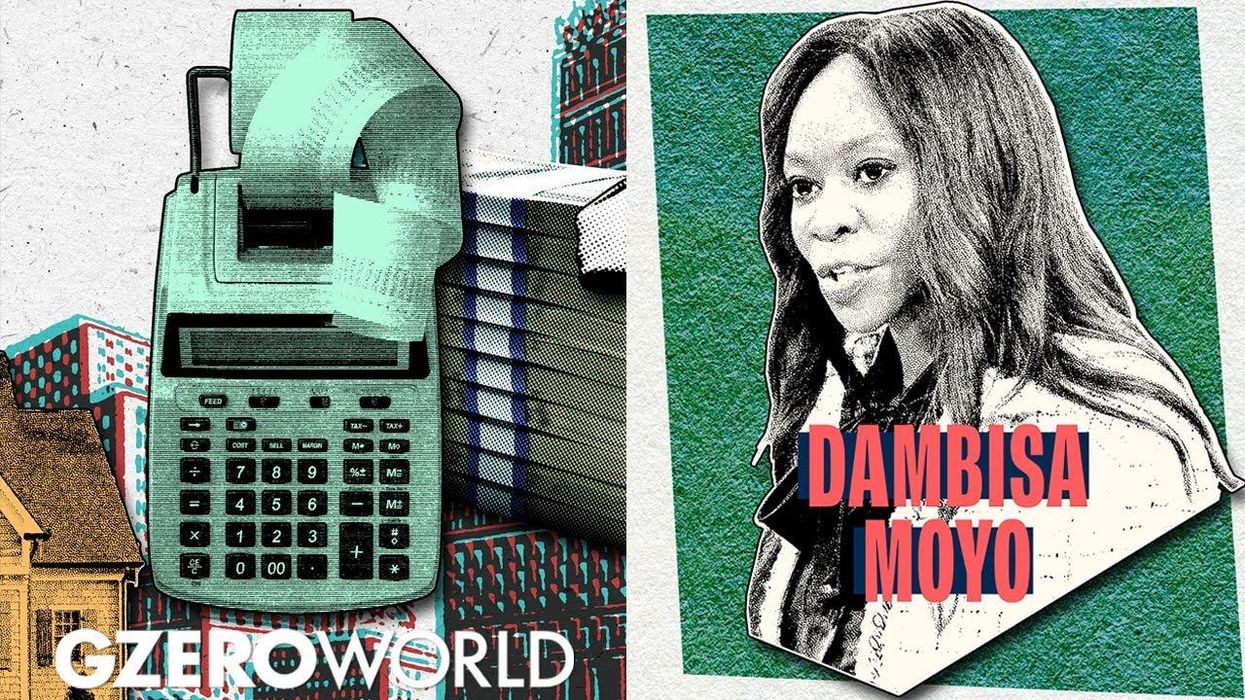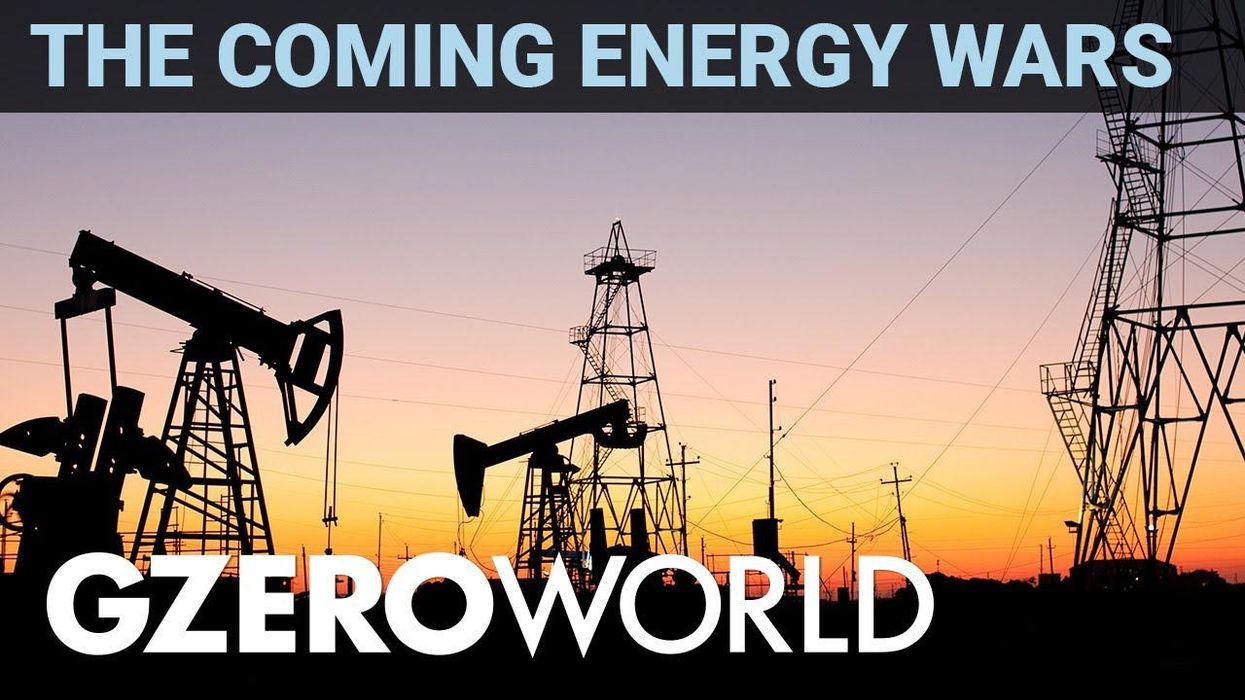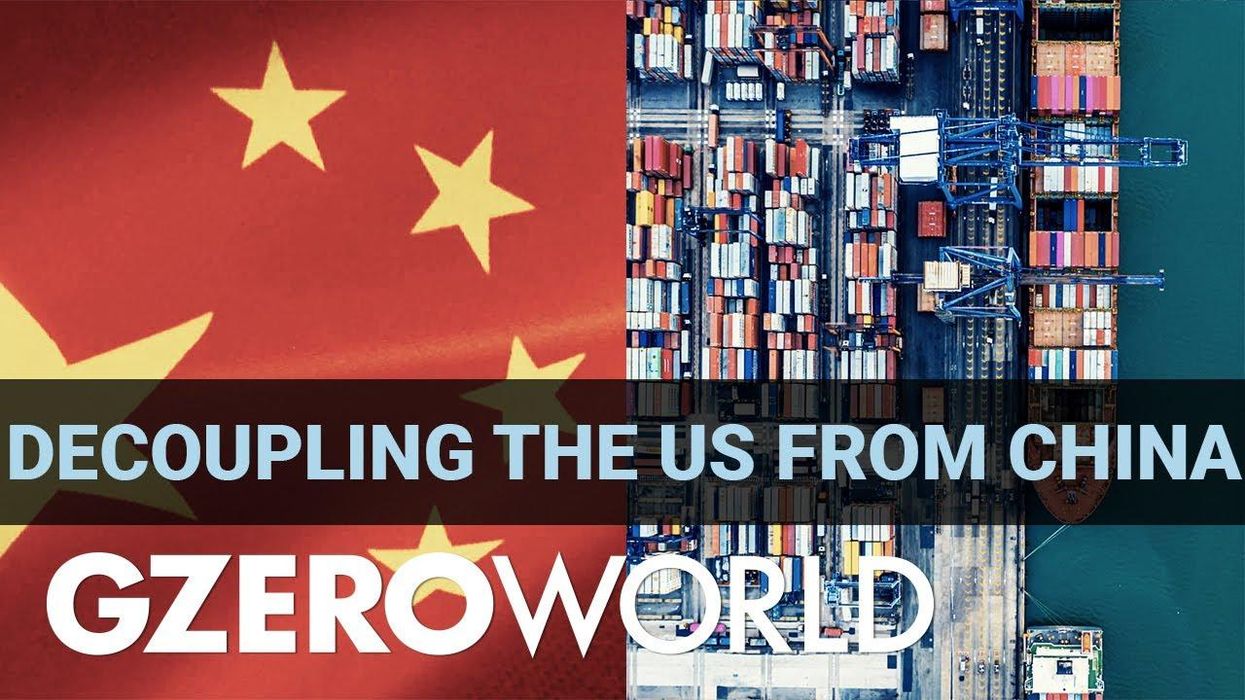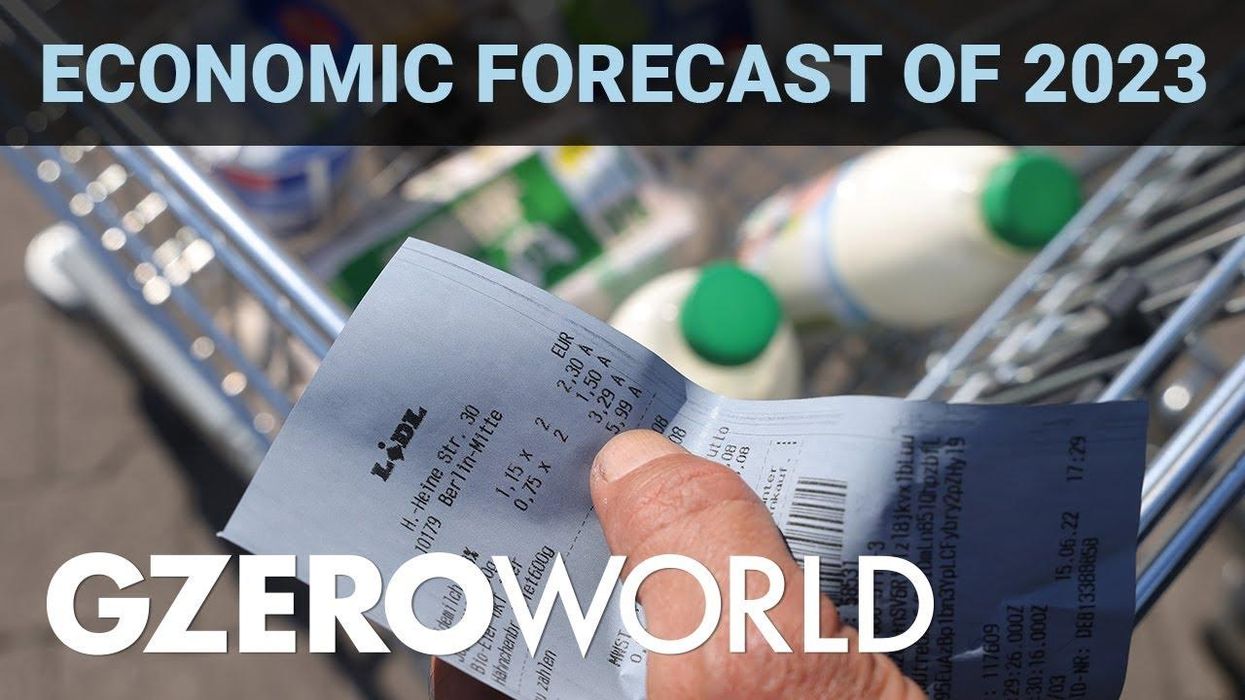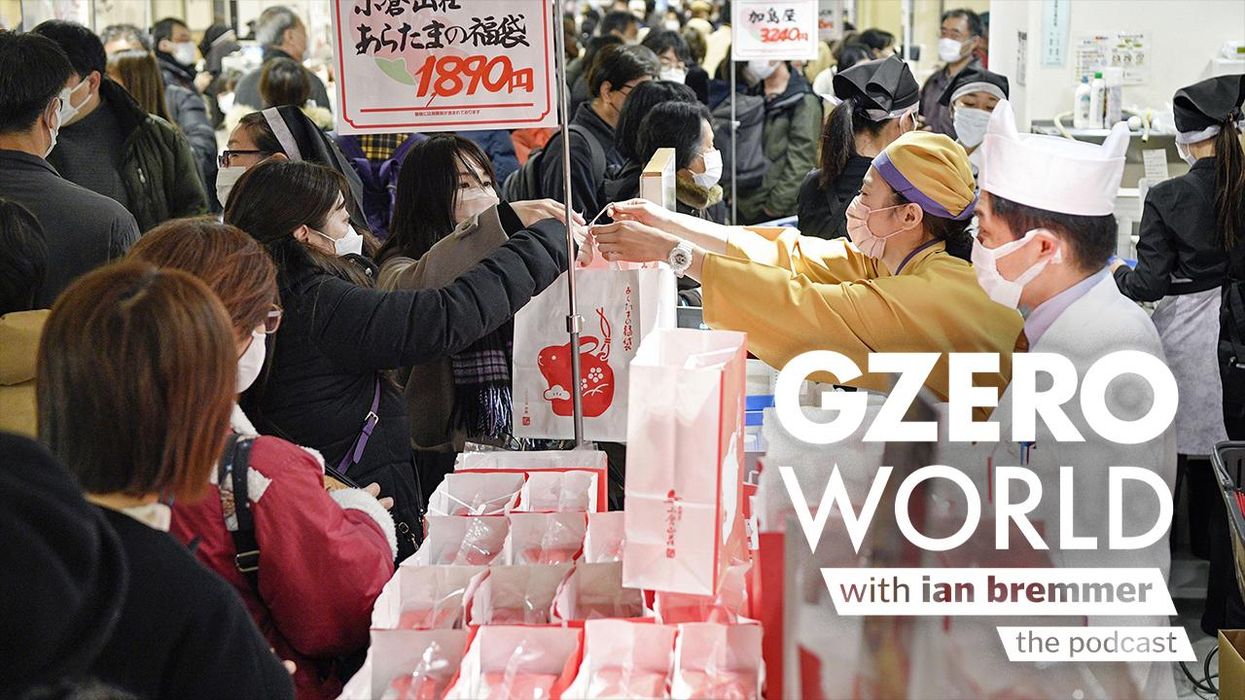GZERO World Clips
China's economic slowdown is dragging down the rest of the world
China’s economic slowdown is still a significant drag on the overall global outlook, says economist Dambisa Moyo, while taking the temperature of world's economy on GZERO World with Ian Bremmer.
Mar 20, 2024
